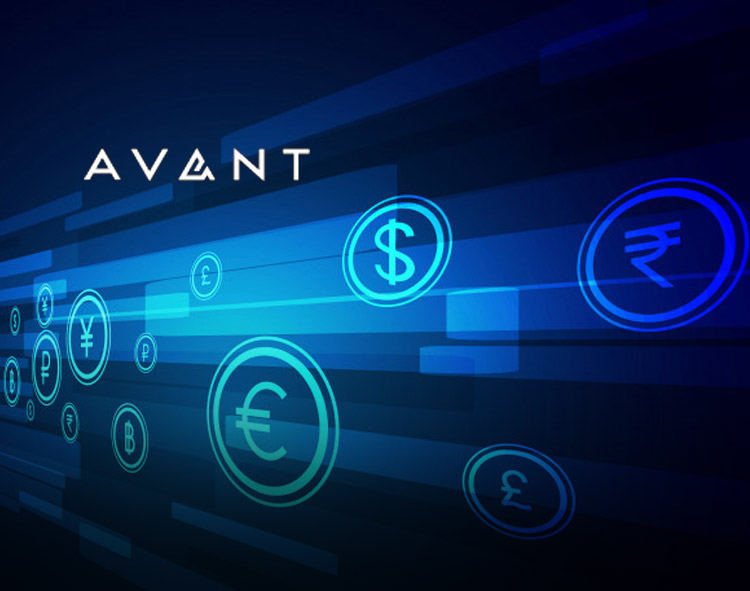Agreement will bring transparent and regulated borrowing to underserved consumers
Avant, a leading financial technology company that has helped over a million customers get access to credit cards and personal loans, announced that it has reached a settlement with the State of Colorado resulting in a new safe harbor that brings responsible, transparent lending to Colorado borrowers and protects them against abusive, high-cost credit programs.
Read More: COVID-19 and Automation are Changing Finance for Good
“As the first state to establish a responsible safe harbor for consumer lending programs that include a bank partnership, Colorado is giving consumers who would otherwise be unable to secure credit access to innovative and transparent financial services products, and also providing a framework for other states as they work to resolve true lender claims,” said James Paris, CEO of Avant. “Our team worked closely with the Colorado Attorney General and his team to create a safe harbor that defines responsible partnerships between banks and fintechs and, ultimately, resolves the ‘true lender’ issue in a manner that creates certainty for everyone. This is a pivotal moment in lending for consumers and for the industry at large.”
Read More: Vitesse, a Fintech Providing Real-Time Cross-Border Payments for Businesses, Scores £6.6m Series A
The safe harbor makes a clear distinction between abusive lending programs that operate outside the scope of regulators with significantly higher interest rates and accountable programs with bank oversight standards and protections, establishing 36 percent as the maximum APR allowable for loans originated by banks under the partnerships. It also requires banks to actively supervise all aspects of the program in accordance with banking guidelines, including loan advertising, loan terms and credit criteria.
The idea to collaborate on the safe harbor emerged as Avant and the Attorney General’s team worked toward an agreement to settle a true lender dispute. The parties saw an opportunity to work together to create a new framework that would allow banks and fintechs to concentrate on cost-effectively providing needed funds for consumers, while ensuring the transactions were transparent to those consumers and involved responsible and highly regulated parties.
Read More: Four Benefits of Buy Now Pay Later for Ecommerce Retailers
